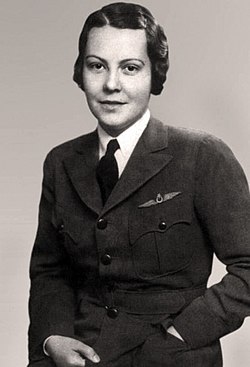This article needs additional citations for verification .(November 2025) |
This is a list of historical and living Bosniaks who are famous or notable.
Contents
- Academics
- A–M
- N–Z
- Artists
- A–M 2
- N–Z 2
- Music
- Composers
- Opera
- Pop
- Rock
- Rap
- Sevdalinka
- Folk
- Guitarist
- Lutenist
- Songwriters
- Trumpeter
- Cinematography and theatre
- A–M 3
- N–Z 3
- Criminals
- Literature
- A–M 4
- N–Z 4
- Politicians
- A–M 5
- N–Z 5
- Theologians
- Historical figures
- Businesspeople
- Sportspeople
- Basketball
- Football
- Handball
- Volleyball
- Cycling
- Martial arts
- Tennis
- Other
- Scientists, medicine and inventors
- Military
- A–M 6
- N–Z 6
- Militants
- Other 2
- See also
- References









